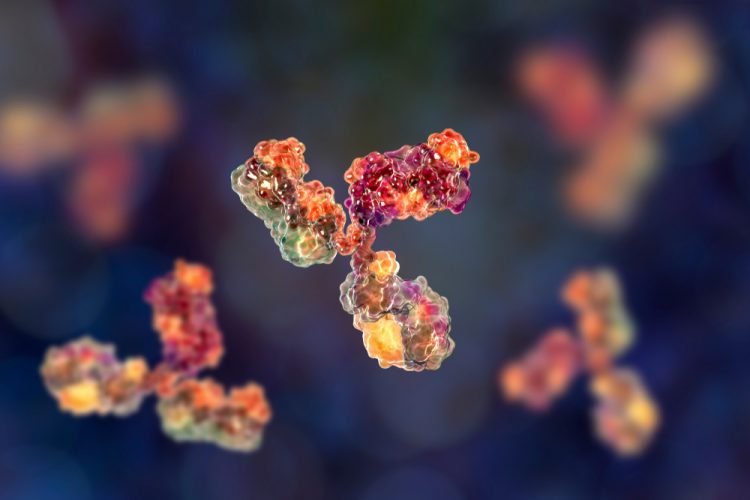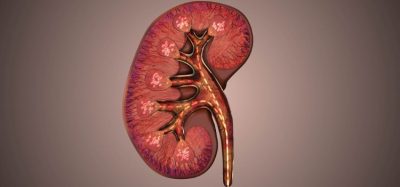US closes enrolment in two COVID-19 antibody studies due to futility
Posted: 5 March 2021 | Hannah Balfour (European Pharmaceutical Review) | No comments yet
The sub-studies evaluating VIR-7831 and BRII-196 with BRII-198 have stopped enrolment based on recommendations from the Data and Safety Monitoring Board.


The US National Institutes of Health (NIH) has closed enrolment of two sub-studies in the ACTIV-3 trial evaluating monoclonal antibody therapies in adult patients hospitalised with COVID-19. The studies evaluating GlaxoSmithKline and Vir Biotechnology’s VIR-7831 and Brii Biosciences’ combination of BRII-196 and BRII-198 were both halted due to futility.
The National Institute of Allergy and Infectious Diseases (NIAID), the part of the NIH running the trials, said the decision was based on recommendations from the independent Data and Safety Monitoring Board (DSMB).
The DSMB found in its interim analysis that the Brii therapeutic was not effective enough to meet the inclusion for criteria for further enrolment.
While the initial analysis of data from the VIR-7831 sub-study indicated that the investigational treatment met the pre-specified criteria for study continuation, after the data was adjusted to account for the increased disease severity for those enrolled in the group receiving the therapeutic, the DSMB recommended that recruitment in the VIR-7831 sub-study should also cease due to futility.
There were no safety concerns with either therapeutic agent and no indication of harm in the therapeutic arms compared to the placebo arm.
ACTIV-3 is part of the Accelerating COVID-19 Therapeutic Interventions and Vaccines (ACTIV) public-private partnership. It is a master protocol designed to allow for the study of multiple investigational agents compared to placebo in adults hospitalised with COVID-19. The trial is divided into sub-studies, each of which evaluates a different candidate therapeutic. After five days, the clinical status of the participants is assessed using two seven-point ordinal scales – both range from being able to undertake usual activities with minimal or no symptoms, to death. After approximately 300 participants are enrolled in each sub-study (150 participants in treatment group and 150 in the corresponding placebo group), the DSMB conducts a pre-planned interim safety and efficacy review to determine if the sub-study should be expanded to enrol additional participants or if it should be closed.
The DSMB reviewed data on 344 people in the VIR-7831 sub-study and 343 people in the Brii-196 and Brii-198 combination sub-study. The NIAID said the volunteers in both sub-studies will continue to be followed for 18 months. The agency and trial coordinating investigators are currently analysing the data and said they will provide more information in a forthcoming report.
Participants continue to be enrolled in the ACTIV-3 sub-study evaluating AZD7442, an investigational long-acting antibody combination developed by AstraZeneca. The DSMB will review the safety and efficacy of this sub-study once approximately 300 participants have been enrolled.
A different ACTIV trial, ACTIV-2, will continue to assess the BRII-196 and BRII-198 combination therapy in people with mild-to-moderate COVID-19 who have not required hospitalisation. It is being overseen by the same DSMB that oversees ACTIV-3, which has not recommended any changes to ACTIV-2 at this time.
Related topics
Antibodies, Biologics, Clinical Trials, Therapeutics, Viruses
Related organisations
National Institutes of Health (NIH), US National Institute of Allergy and Infectious Diseases (NIAID)









